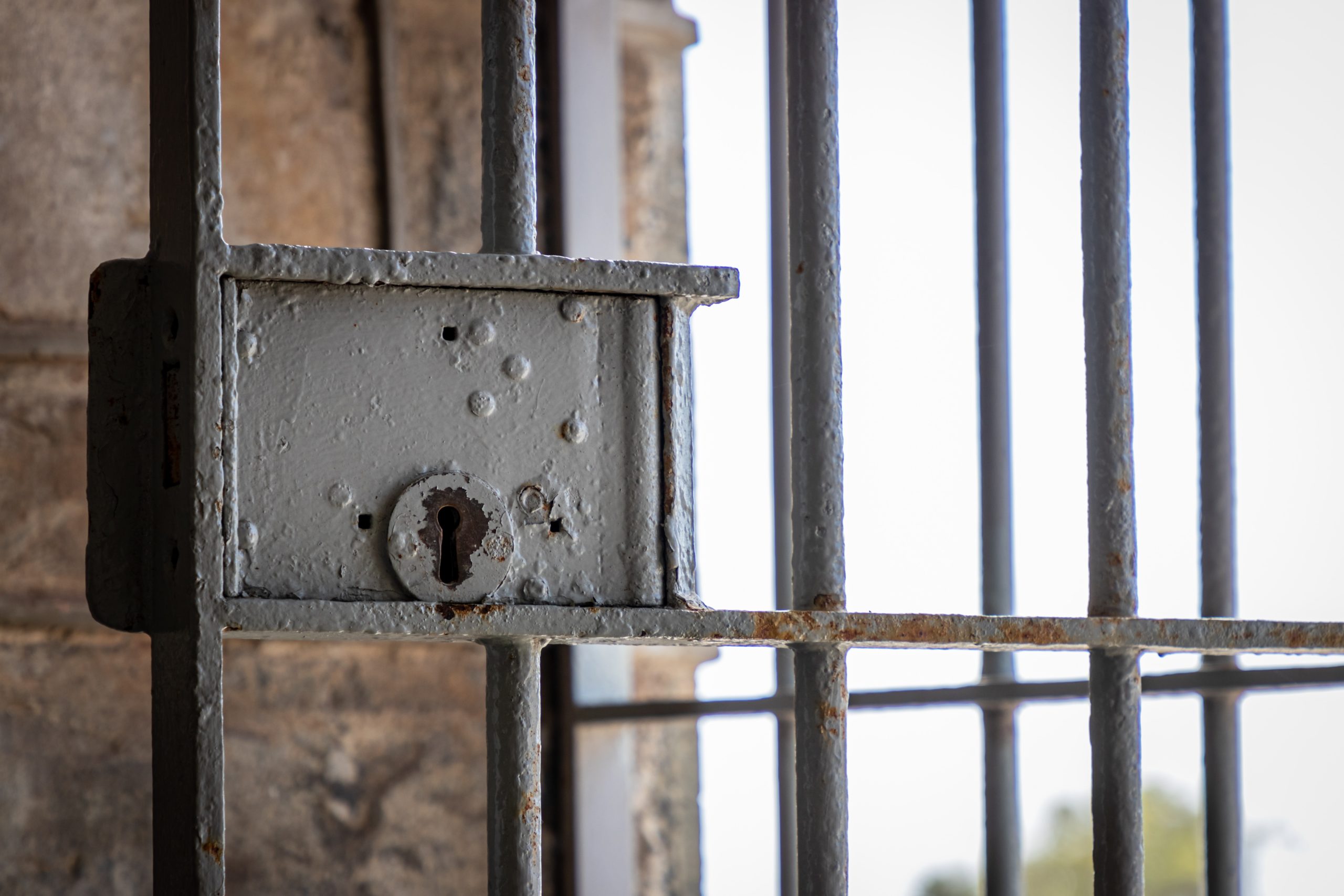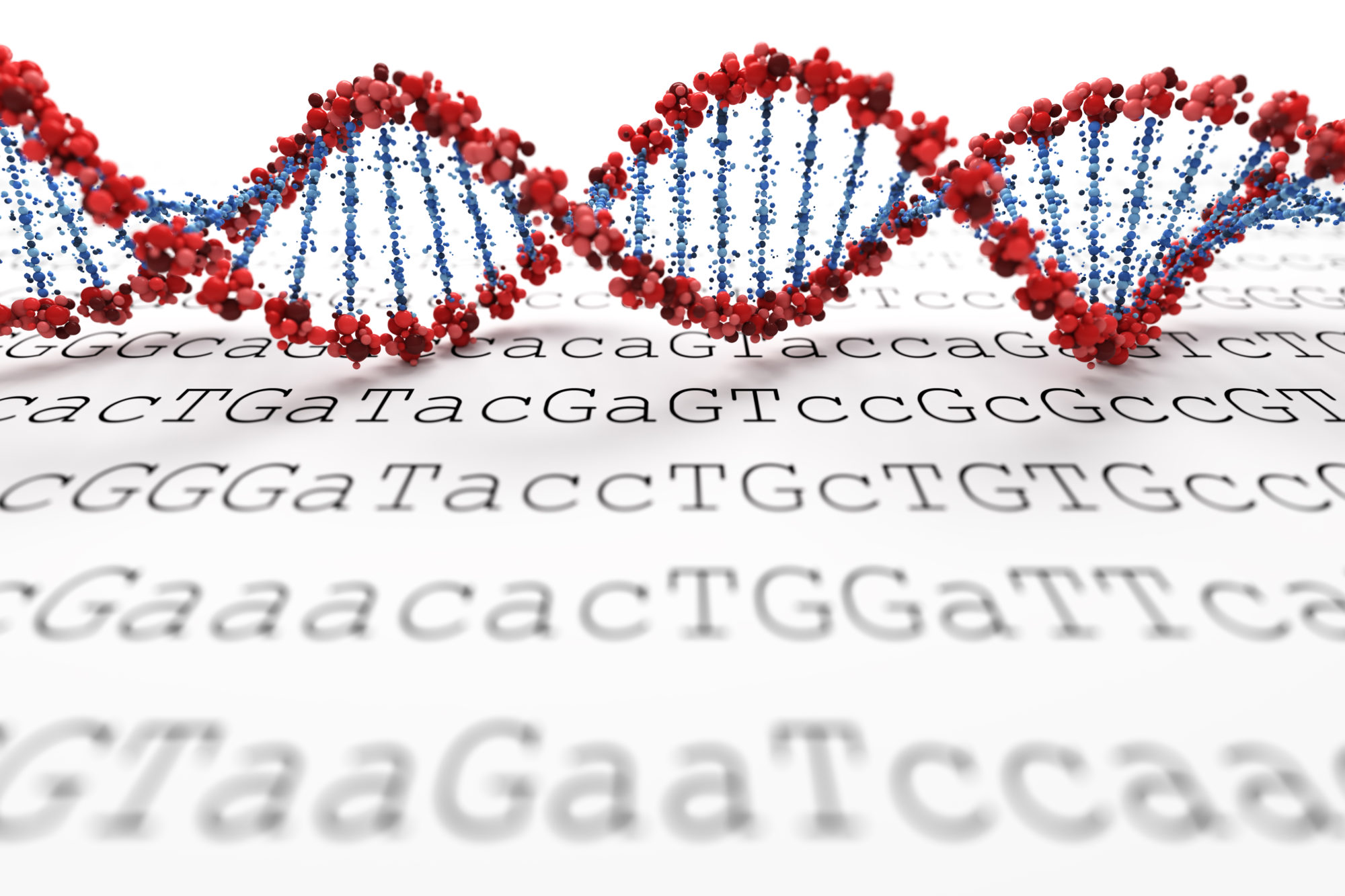Imagine life without the possibility of parole, potentially even the death penalty. When you did not kill someone yourself or intend for them to die. Until very recently, that was the reality of being charged with a violent felony that resulted in someone’s death under the Felony Murder Rule, as explained on our page solely dedicated to explaining homicide charges.
If someone committed or attempted a violent felony and a murder took place, they could be charged with first-degree or second-degree murder. Whether or not they committed the murder or intended the person to die was irrelevant. That is because their commission of the crime that ultimately caused a death showed implied malice according to the doctrine of “natural probable consequences.” The broad meaning of the term is that these consequences are the ramifications of one’s actions that a person of average intelligence could reasonably foresee.
Fortunately for defendants, the Felony Murder Rule in its original form was found to result in unfair sentencing in certain cases. In 2018, Senate Bill 1437 (Penal Code 1170.95) amended the law to require the defendant to have acted with a “reckless indifference to human life” and be a major participant in the killing, to have acted with the intent to kill, or to be the killer themselves. Simply stated, if someone did not induce, solicit, aid, and abet, request it, or INTEND to kill someone through any words or deeds, including physical restraint, they are not a major participant and cannot be charged with murder. (The only exception is when the victim is an on-duty police officer.)
As a result of this change, many inmates in California State prison have been eligible to petition for a resentencing that would remove the first or second-degree murder charge, leaving only the original offense. This can result in significant reductions in sentences and — depending on time served — even a potential release.
SB 775: EXTENDING THE “MAJOR PARTICIPANT” STANDARD FOR ATTEMPTED MURDER AND MANSLAUGHTER CHARGES
While Senate Bill 1437 gave those previously charged with first or 2nd-degree murder a chance to be resentenced, a big piece was missing from this law — those with lesser charges of attempted murder and manslaughter were barred from this opportunity. (The only exception is if a defendant accepted a plea deal when a trial could have convicted them of first-degree or 2nd-degree murder.)
SB 775, providing important updates to Penal Code 1170.95, offers the potential for the life-changing reduction in sentences many have been waiting for. Those charged with attempted murder or manslaughter under the old doctrine of “natural probable consequences” but who did not intend to kill someone are now eligible to petition to have this added charge dropped and their case resentenced.
When considering the filing of a petition under this new law, an experienced and skilled attorney you can trust is key. At Proper Defense, we know that a solid attorney-client relationship sets the foundation for your best outcome. We will work with you and/or your loved one to present the strongest petition possible for the removal of charges and a resentencing that may just set you free. Our attorneys file briefs with supporting documents laying out what factors should be considered in your favor. One of our main focuses is conveying who our clients are to the court and the DA through both writing and oral advocacy.
A WAVE OF CRIMINAL JUSTICE REFORMS EMPHASIZING REHABILITATION: OPPORTUNITIES FOR LESS PROBATION AND/OR JAIL TIME
As stated in a post published earlier this year, 2021 brought significant changes and reforms to the way defendants are prosecuted and sentenced. Among the most significant related reforms are new requirements and guidelines for enhancements, the redefinition of criminal gang enhancement, and new opportunities for probation and drug treatment for nonviolent drug crimes. Click the link for the related post on each of the following:
- New enhancement guidelines and requirements. Requires a court to dismiss certain enhancements if it is determined to be “in the furtherance of justice. A previous form of the law gave a judge the authority to strike or dismiss certain enhancements “in the furtherance of justice.” The difference for a defendant’s final sentence can be significant.
- Criminal gang enhancements reforms including redefining a “pattern of criminal gang activity;” updating the definition of “criminal street gang;” reducing the list of crimes eligible for gang enhancement charges; not allowing the current charge to serve as proof as a “pattern” of criminal gang activity; and separating a gang enhancement charge from the underlying charge itself.
- More Probation and Drug Treatment Opportunities. Ends mandatory minimum sentences for those convicted of certain nonviolent drug offenses and provides judges with more options during sentencing in criminal convictions. This includes having more discretion during sentencing to consider probation or other treatment options.
Related to these reforms, a number of diversion programs have brought rehabilitation to the forefront of the criminal justice system in new ways in recent years. Click the link for the related post on each of the following:
- The Drug Diversion Program: allows a treatment and education diversion program for defendants arrested for low-level, non-violent drug crimes with no previous disqualifying convictions in the last 5 years. Mainly for drug possession.
- The Military (or Veterans) Diversion Program: defendants are often eligible for a treatment and diversion program for the following conditions: PTSD, sexual trauma, traumatic brain injury, substance abuse, or mental health problems.
- The Misdemeanor Diversion Program: increases diversion opportunities for various misdemeanor cases. Defendants with misdemeanors could have their case dismissed or erased upon completion of a court-ordered education or treatment program. No “guilty” or “no contest” plea is required for the program.
- The Mental Health Diversion Program: Applicable for misdemeanors and certain felonies, this program allows the chance for treatment and possible dismissal of charges. Not all crimes are eligible. Murder and sex crimes are among those excluded.
SECURE YOUR BEST CHANCE FOR A SECOND CHANCE WITH PROPER DEFENSE
With the recent increase in criminal justice reforms, now is the best time for a proactive approach. The legal process can be stressful and daunting, but it does not have to be. At Proper Defense, we are here to make this process as straightforward and positive as possible.
For a true advocate that you can trust, in a judgment-free zone, contact Proper Defense Law Corporation today. For a FREE consultation in the Fresno area, call (559) 825-3800. You can reach us at our Beverly Hills location by calling (424) 284-4066. You can also schedule an appointment online on our Contact Us page. It gets better with Proper Defense, we promise.
In addition to this information, other available resources can be found by searches such as: sb 775 newsom, sb 775 explained, sb 775 202, did sb 775 pass, california sb 775, sb 775 effective date, sb 775 petition, sb 775 update 2021, sb 775 2021, sb 775 status, sb 1437 california update, sb1437 update 2021, sb 1437 resentencing, california sb 775, did senate bill 775 pass, new california sentencing laws, to reduce a criminals sentence is called, california recall of sentence, post conviction sentence reduction, how to request a sentence reduction, sentence reduction programs, sentence modification form california, motion for resentencing california, how to get a sentence reduced, can a judge change a sentence after it has been imposed, resentencing petition los angeles county, petition for resentencing california, how to get a sentence modification, california attempted murder sentencing, murder lawyer central valley california, murder attorney central valley california, california homicide attorney near me, murder defense attorney los angeles, voluntary manslaughter felony definition law, death during commission of a felony, PC 1170.95 petition for resentencing, or penal code 1170 95 form.








